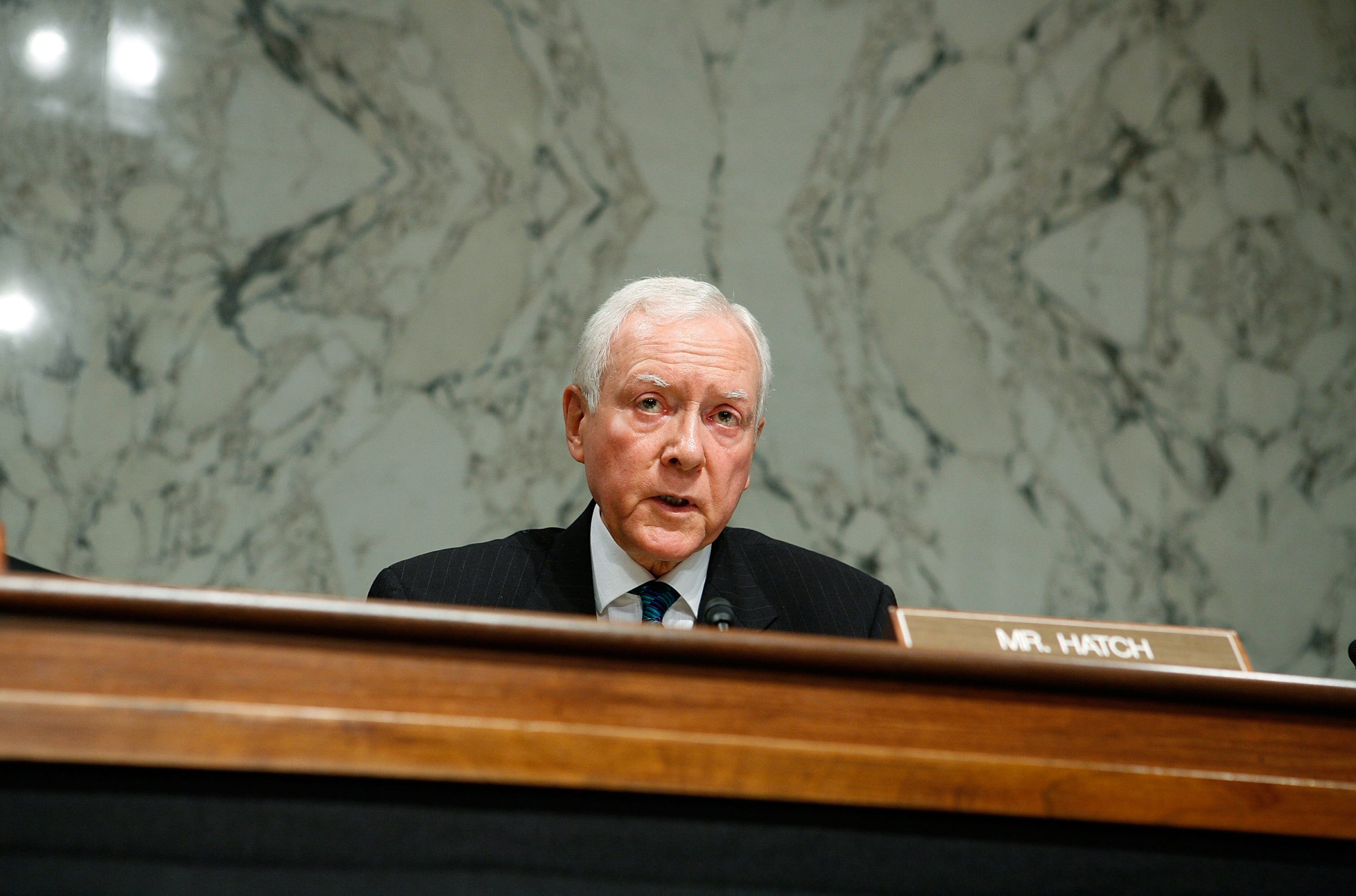
It was a presidential election year, with primary voting well underway. The President and Senate majority were of different parties. A senior Judiciary Committee member explained in interviews and a lengthy speech how a Supreme Court vacancy should be handled under those circumstances.
The election campaign was already bitter, and the judicial confirmation process had become increasingly divisive. Combining the two, he said, would ensure that partisan bickering and political posturing would overwhelm everything else. He advised that the entire appointment process be deferred until after the election season was over, for the good of any nominee and the integrity of the Court.
If that scenario were a Jeopardy answer, the question would be not “who is Chuck Grassley in 2016” but “who is Joe Biden in 1992.”
The same circumstances about which Biden spoke in 1992 obviously exist today. Biden’s primary concern, however, was the state of the judicial confirmation process. Democrats were responsible for its condition in 1992, having engaged in character assassination of nominees like Robert Bork and Clarence Thomas. They have also been responsible for each escalation of the confirmation conflict since then, engaging in unprecedented filibusters and even breaking Senate rules to achieve their preferred ends.
Justice Antonin Scalia’s death invites reflection about his modest approach to the two tasks of federal judges: interpreting written laws such as statutes and the Constitution and applying that interpretation to the facts of individual cases. His Judiciary Committee hearing lasted just two days, and the Senate unanimously confirmed his nomination on Constitution Day 1986.
That changed in less than a year, after Democrats won the Senate majority in the 1986 election. Their new strategy, driven by an overtly political judicial job description and utilizing manipulative and underhanded tactics, succeeded in defeating the nomination of Robert Bork in October 1987.
Democrats were also responsible for changing the procedural rules and practices. In 1992, the same year he complained about the state of the confirmation process, Chairman Biden denied a hearing to more than 50 of President George H.W. Bush’s judicial nominees. The New York Times confirmed that this was a deliberate move to preserve judicial vacancies if Bill Clinton was elected President.
Within weeks of the second President Bush’s inauguration, Senate Democratic Leader Tom Daschle said that they would use “whatever means necessary” to defeat unacceptable judicial nominees. In May 2001, Senate Democrats huddled with left-wing groups and liberal academics to, as the New York Times described it, “change the ground rules” of the confirmation process.
The new ground rules took two forms. First, Democrats took steps to make confirming judges more time-consuming. Under Senate rules, pending nominations expire and are returned to the President when the Senate adjourns for more than 30 days. While that rule is routinely waived when the Senate takes its August break, Democrats in 2001 forced more than 40 judicial nominations to expire, including some that had been received only the day before.
Traditionally, time-consuming roll call votes had been reserved for confirmation of disputed nominees, while unopposed nominees were confirmed by unanimous consent or voice votes. Between 1789 and 2000, fewer than 4% of judicial nominations were confirmed by roll call vote, and most that did receive such a vote had opposition. During the Bush administration, 59% of judicial nominees were confirmed by a time-consuming series of roll call votes even thought almost none of them had opposition.
In addition to making confirmations more difficult, Democrats launched a new weapon for preventing them altogether: the nomination filibuster. Since the Senate must end debate on a nomination before it can vote on confirmation, a filibuster occurs when a motion to end debate receives fewer than the 60 votes required under Senate rules.
Before the George W. Bush administration, the only judicial nominee defeated after a filibuster did not have majority support. During the Bush administration, Democrats forced more than twice as many cloture votes on judicial nominations than in previous history combined. Supported by their liberal allies, they led 20 filibusters of majority-supported judicial nominees that kept several nominees from ever being confirmed.
Beginning in 2007, like Chairman Biden before him, Judiciary Committee Chairman Patrick Leahy denied a hearing to dozens of Bush judicial nominees. President Barack Obama was elected that November and was able to fill those positions.
And then in November 2013, after filibusters of only six Obama judicial nominees, Democrats used a discredited parliamentary maneuver to reinterpret Senate rules, effectively abolishing the filibuster for all but Supreme Court nominees. They eliminated the very nomination filibuster that they had used so aggressively to defeat dozens of Republican nominees.
This is part of, as Paul Harvey used to say, the rest of the story. The judicial confirmation process had become so politicized by 1992 that Chairman Biden recommended its deferral if a Supreme Court vacancy occurred in a presidential election season. Since then, Democrats have hastened the degradation of the process in unprecedented ways. They cannot now complain that the case for deferring consideration of a Supreme Court is stronger than ever.
More Must-Reads From TIME
- The 100 Most Influential People of 2024
- The Revolution of Yulia Navalnaya
- 6 Compliments That Land Every Time
- What's the Deal With the Bitcoin Halving?
- If You're Dating Right Now , You're Brave: Column
- The AI That Could Heal a Divided Internet
- Fallout Is a Brilliant Model for the Future of Video Game Adaptations
- Want Weekly Recs on What to Watch, Read, and More? Sign Up for Worth Your Time
Contact us at letters@time.com